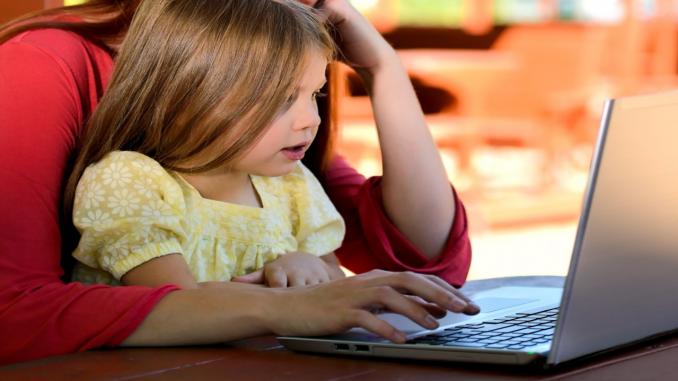
Remote learning is tough on students. In the context of a world in which parents are trying to hold onto jobs to make ends meet, it may be even tougher on parents. Unless a family is wealthy enough to afford safe daycare or tutoring, or is able to provide their own “pod”-style learning experience, this situation can be brutal. And it’s taking a toll on parent mental and physical health. All parents are hurting, but most particularly working class parents, and most especially working women.
For essential workers who must leave the home to go to work, the options are dismal. Either they can’t afford care, or they can’t get a spot on limited rosters of care that are subsidized, or in some communities even free. But free means nothing if the spots are gone, and these spots are usually gone before you can say “boo.” Andrew Norrie of Rochester said, “It was like trying to buy tickets to a Prince concert.” With a daughter in Rochester’s public elementary schools, this fall he wasn’t able to get a spot for her in the essential worker childcare program.
And although some states and workplaces have offered subsidies, they often aren’t big enough to make childcare affordable. Some parents simply leave younger children at home, hoping that everything will be okay, while feeling guilty and worried.
And while it would seem better to stay home with the kids, this has its own problems. If staying home requires job loss or paid leave, it means a loss of income. If parents are working from home while trying to oversee their child’s education, this also causes suffering. Although men are doing more childcare and house work that they did in the past, they are still far from doing 50% of this work. The result is a huge toll on women.
One mother working from home said, “we’re all at home in a small space trying to make things work… like there were no more boundaries.” She described moments when her three-and-a-half-year-old cried behind a locked door and couldn’t understand how “you’re here…but you’re not really available.” A recent survey verified this problem – 54 percent of working parents feel guilty because they can’t fully care for their children, while 43 percent feel guilty when they’re caring for their families because they’re not focusing on their work responsibilities! After caring for her children all day while her husband managed a McDonald’s, one mother said “I had a breaking moment where I had to lock myself in the bathroom and cry. It was just too much.”
These stories demonstrate just some of the challenges parents face while remote learning continues, even when they can make ends meet financially.
Sending students back to school without the certainty that they’ll be safe isn’t the answer. But the fact is that our society distributes essential work unequally, and compensates it horribly. While the rich are bathing in cash and resources, with nannies, private assistants, private tutors, and pod teachers, the rest of us are forced to do far too much. COVID-19 is only aggravating problems that were already there: some people work too many hours for too little pay while others have no access to jobs or an education, and women still do a greater share of childcare and housework. Another future is possible – and necessary.

